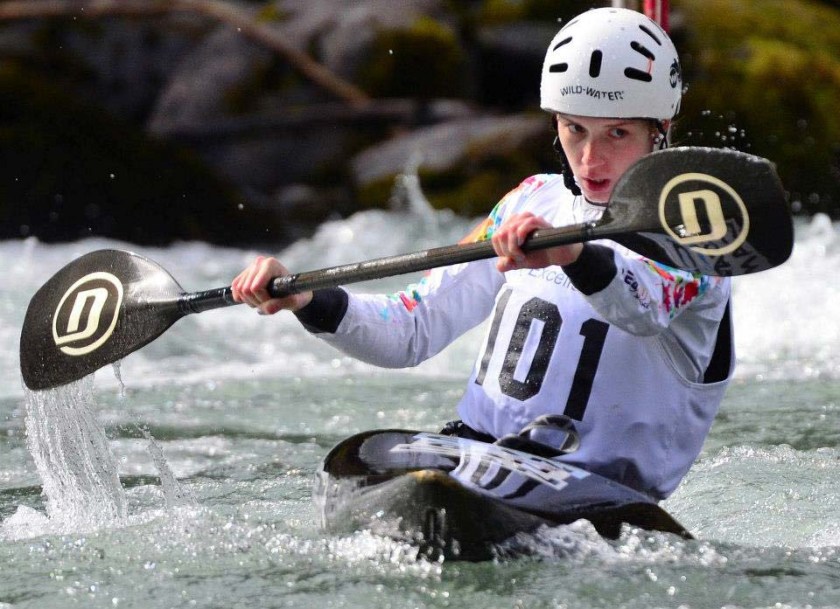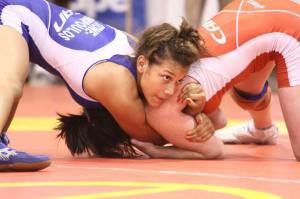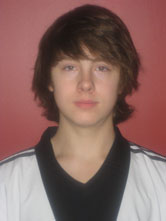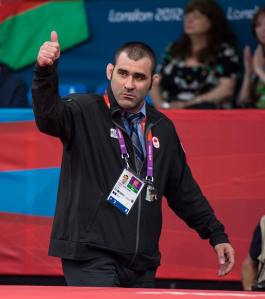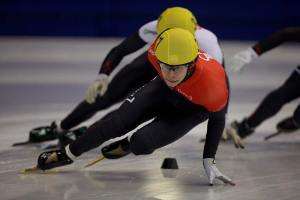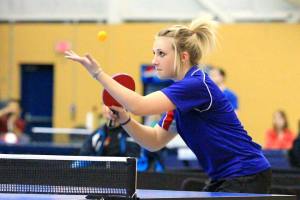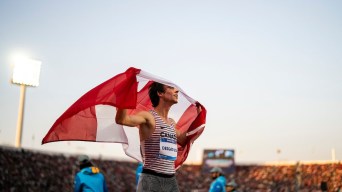Facing a podium price
To be the best, you have to compete and train with the best. As young Canadian athletes face tough decisions to commit to their Olympic dreams, they too must often face tough financial realities. Thankfully corporate Canada is stepping up.
It’s easy to take sport development for granted. In certain sports, in certain regions, it just happens naturally.
East African boys and girls have been growing into gifted runners for generations. In Norway, they say you are ‘born on skis’. In Canada, it’s on the frozen ponds and small-town arenas where our children learn to skate in the shadows of their iconic elders.
“I always dreamed I would get drafted first overall in the NHL,” said Olympic champion Tessa Bonhomme during a recent sport panel, explaining how her dream always seemed tangible as a kid.
And in essence, it was.
It’s no secret great opportunity exists for any child dreaming of achieving great things in hockey in this country. Just like in Norway or in Kenya, we live for certain sports.
With other sports, however, grassroots development cannot be taken for granted – or worse, overlooked – if we are going to continue building a nation of champions.
Growing greatness
Halifax, Nova Scotia’s Jackson Carroll just turned 17 years old. He has a dream: To represent Canada at the 2020 Olympic Games.
Like many Canadian teenagers, he dreams big. But what separates Carroll from many of his peers is his unwavering commitment to his dream: 20 hours of training a week, an international competition schedule and a mature attitude at a critical age of development.
“The annual cost of competing has gone up considerably in the last few years.”
In theory, his future in judo should be written in ink.
He is Canada’s junior national champion, his grandfather is a Canadian Olympic team member from 1952 in the same sport and Canada has a history of greatness in judo that is proving its longevity in sport development.
Aspiring Judokas in Canada have the privilege of developing under the thinking and success delivered by two-time Olympic medallist Nicolas Gill, for example, who recently coached London 2012 bronze medallist Antoine Valois-Fortier to the Olympic podium.
“We are doing what the best nations do, that is train hard with formidable opponents,” said Gill. “We get our finest athletes involved in the required amount of international competitions and training.”
The environment seems perfect for Carroll to reach his dream and live like the champions before him.
But it’s not. It costs money. And because Carroll has chosen a sport that doesn’t have elite-level resources across the country, like hockey for example, he’s going to need financial support to compete and train with the best. This is precisely what Gill suggests Carroll and others with high talent at an early age will need to do.
“The annual cost of competing has gone up considerably in the last few years,” Carroll says.
To remain steadfast on reaching his Olympic dream, he will have to travel to competitions like the junior Pan Am Championships, Youth Olympic Games and World Juniors to keep his name among the top young judokas.
It takes a community
Carroll is a perfect example of how our corporate sport community can take an active, progressive and positive action in the lives our future Olympians and help relieve the cost of travel, resources and development at a baseline level.
And Suncor Energy is answering the call.
On Thursday the company announced its 2013 Fuelling Athletes and Coaching Excellence (FACE) recipients.
Working together with the Canadian Olympic Committee, Canadian Paralympic Committee and their National Sport partners, the FACE program, provides developing (pre-carded) Canadian athlete and coach pairings each with $8,000 in grants. The program has provided more than 2,400 Canadian athletes and coaches with over $8 million in direct financial support.
Among the 45 names on this year’s list of recipients is Carroll’s.
“The Petro-Canada Face Award will go a long way to help with gaining more International Experience as an athlete,” he said. “The funds will go toward helping me pay for three (important) upcoming events.”
The journey begins
This award is the start of a long journey for Carroll and his fellow FACE recipients. If they continue to remain unconditionally committed to their dreams, an Olympic destination becomes much more attainable. It’s a hard journey enjoyed and endured by an exclusive group of champions.
And it starts with resource funding development programs like FACE.
“Petro-Canada has been a huge support to me throughout my career as an athlete, from the first moment I decided to be an Olympian, 25 years ago,” said four-time Olympic speed skating medallist Kristina Groves. “From being a kid and chasing the dream of running in the 1988 Petro-Canada Olympic Torch Relay, to receiving one of their scholarships so I could train and study in Calgary, to helping my parents watch me compete in Vancouver 2010, (Petro-Canada’s) ongoing contribution to the Canadian Olympic Team and to me has made a tangible difference to my Olympic journey and that of so many other Canadian athletes.”
Groves is among fellow FACE program champions including 2010 Olympic and Paralympic Winter Games medallists; Alexandre Bilodeau, Hayley Wickenheiser, Kaillie Humphries, John Morris, Mike Robertson, Jim Armstrong and Ina Forest.
Other notable FACE recipients include Mark Tewksbury, Canada’s Chef de Mission at the 2012 London Games, Marianne Limpert, silver medallist at the 1996 Olympic Games and Annie Pelletier, bronze medallist at the 1996 Olympic Games.
Also in this company is a teenager from Halifax with a dream. Carroll and his talented peers can continue to strive for the Olympic podiums because the corporate sport community in Canada continues to prove it is not taking development for granted.
They earn the chance to develop like the champions before them … no matter what sport they choose.

